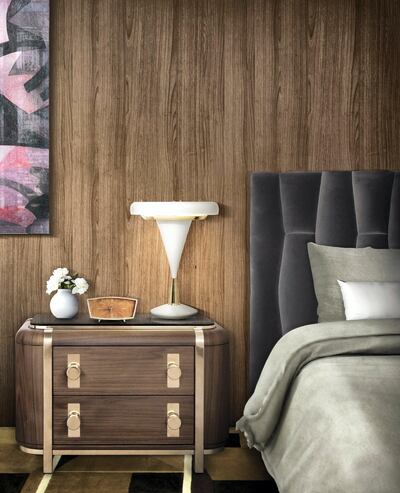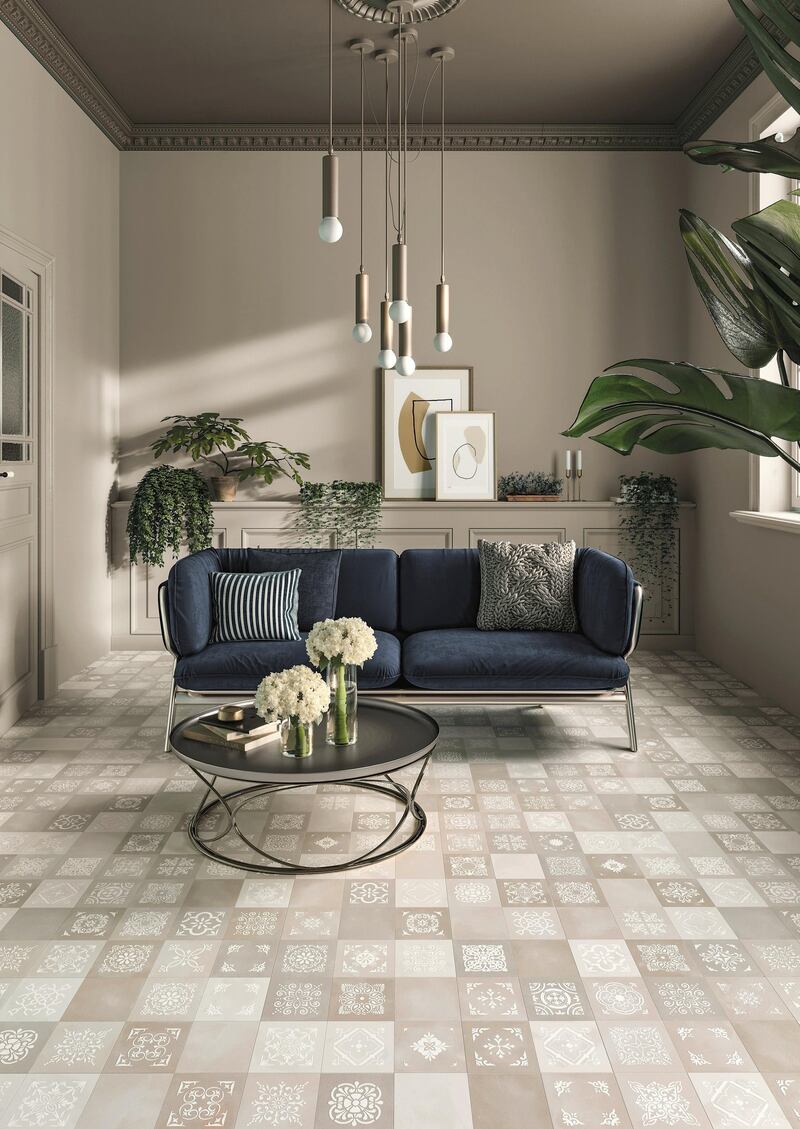Keeping our homes germ-free has always been important, but never more so than in recent times. With the Covid-19 pandemic making us even more conscious of how easily infections may spread, many of us are rethinking how we ensure our premises stay safe.
But it’s not simply about giving everything a wipe with the antibacterial spray. There are dedicated products out there that are designed to help you win the war against germs, and choices you can make when it comes to your decor that can help to protect you in between cleans. Here are some tips.
Protect your home from the floor up
Let’s start at the bottom, with flooring. We’ve always been aware of how unhygienic floors can be, with dusty, dirty feet tracking all sorts in from the outside. That is why there are so many great options for keeping the floor clean.
The key thing to think about is how likely flooring material is to hold dirt and germs and also how easy it is to thoroughly clean. The less porous the material, the better it meets both criteria. So where carpets will attract and hold dirt, and are not easy to deep clean without professional help, ceramic tiles are well sealed and can easily be swept and mopped. Go for larger tiles to reduce the amount of grout used, which is more porous than the tiles themselves.
If you’re looking to up the protection factor, try a dedicated antibacterial tile. Kajaria Ceramics has recently launched a range with a special antimicrobial glaze. Made from materials including magnesium, zinc and silver, the glaze claims to kill more than 99 per cent of germs and bacteria, and also helps prevent fungus from growing.
Elsewhere, Keraben Group has collaborated with Microban, specialists in antimicrobial technology, to launch a range of tiles that inhibit the growth of harmful bacteria on walls and floors.
Tile isn’t your only option, either. Cork has a natural waxy suberin layer that repels microbes, while luxury vinyl and concrete floors can be treated with protective coatings. These are often used commercially, but the pandemic has made them increasingly appealing in a home setting.
When it comes to giving your walls a mid-pandemic makeover, you can now get hold of antibacterial paint. Royale Health Shield by Asian Paints is equipped with silver ion technology and has been proven to have 99 per cent efficacy against the coronavirus, within 30 minutes of exposure.
Keep germs off commonly touched surfaces
A real danger lies in the surfaces we touch regularly with hands that we may have coughed or sneezed into. These include door and cabinet handles, light switches and furniture surfaces above waist level. Although nothing beats regularly washing with soap and water, there are ways to minimise the effect of accidentally transferring germs on to such platforms.
As with floors, non-porous materials are the best choice. This is because porous materials such as wood have larger crevices in which dirt and germs can get lodged, making them harder to clean. You’d think stainless steel would be the best option, but in fact, it has been shown to hold germs for as long as 72 hours. Copper, on the other hand, has antimicrobial properties and can kill viruses in four hours by disrupting the protective layers of the organisms.

There are also dedicated surfaces designed to further reduce risk. Stylam has developed the Touch Me Anti-Finger Print Laminate, which can be used everywhere from wall cladding to kitchens to desktops. With thermal healing capability and antimicrobial surface protection, this isn’t only a way to only fight germs; the product will also last well, plus it looks attractive, thanks to a soft touch of matte finish.
For door handles, check out the Dorset Safe Touch range. Its hardware has an antimicrobial and antibacterial coating created using silver-based technology. Effective against a range of bacteria, mould, fungi and mildew, it is an efficient solution to stop your hands picking up and transmitting germs.
Finally, if you can avoid having to touch something, you’re on to a winner. Think sensor-activated bins and soap dispensers, or smart voice-controlled lights, so you don’t need to keep flicking the switch.
Secure yourself physically and emotionally
Protecting ourselves at home goes beyond antibacterial surfaces. Social distancing has become a common phrase this year and this ought to translate into the way we lay out our homes – from open-plan living that allows people to congregate keeping a safe distance, to more outdoor, airy living that allows us to breathe more safely.
One way to reduce the transmission of airborne germs is to use an air purifier to recycle and clean the air on a regular basis. And if you aren’t already getting your air-conditioning unit cleaned regularly, it’s time to add that to the to-do list.
Finally, the pandemic has not only affected our physical health, it has also brought a great deal of extra stress and made us more aware of the need to look after ourselves emotionally. With all of us spending more time at home, this means it’s even more important that we create homes that nurture us.
For some this will mean vibrant colours and artwork to energise and inspire them. Others will prefer to calm themselves with soft neutrals and natural patterns. Separating work and relaxation spaces, or designing multifunctional rooms so that work can be put away after hours, are all essential for creating a sense of balance.
Having said all this, remember, it’s not only impossible to be entirely germ-free, it’s actually not good for us. Our immune system is strengthened by fighting off non-lethal infections. So do your best to make good choices, follow government guidelines and then rest assured that you’ve done what you can.






